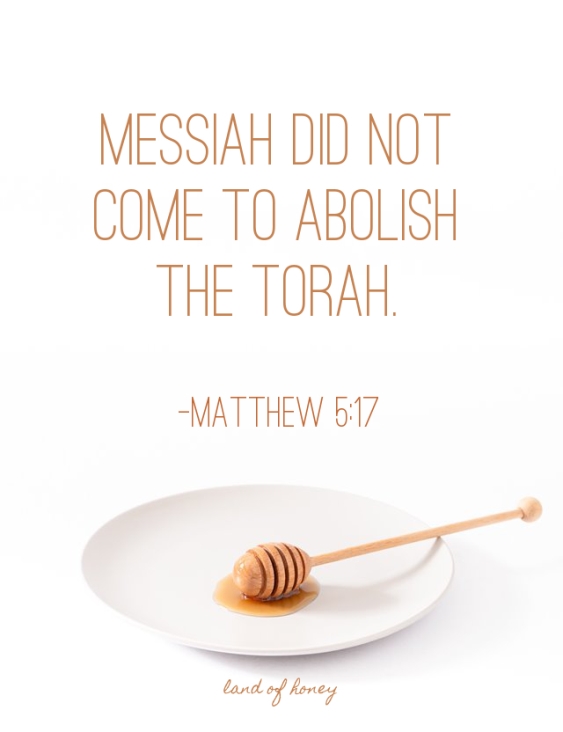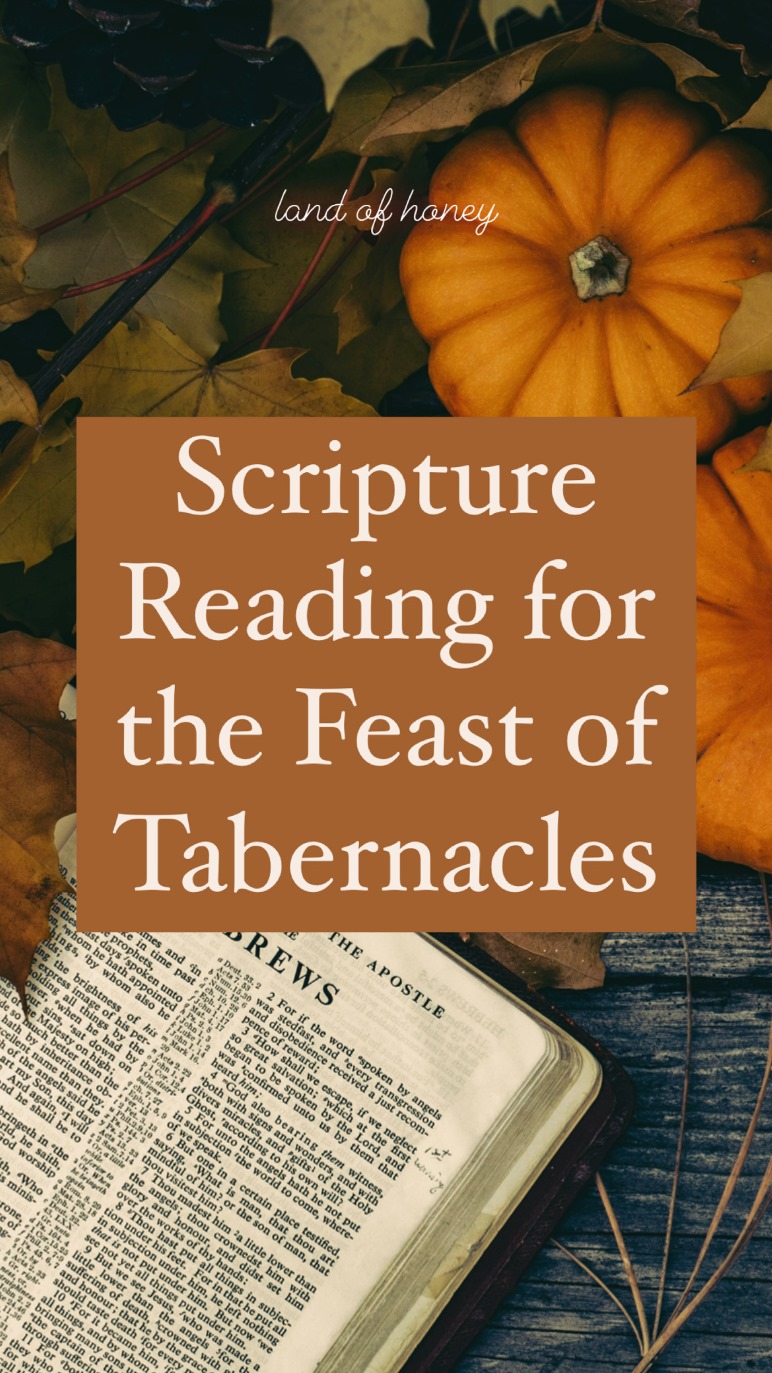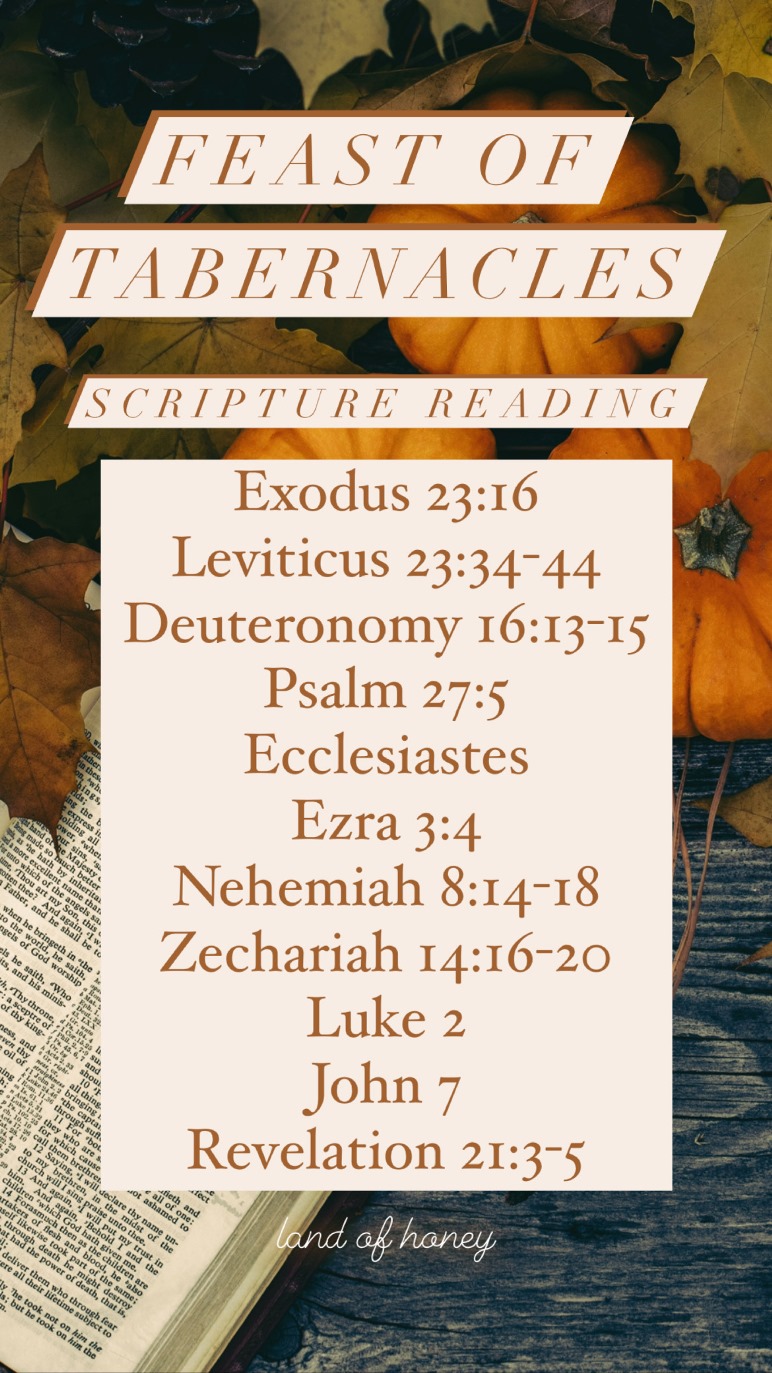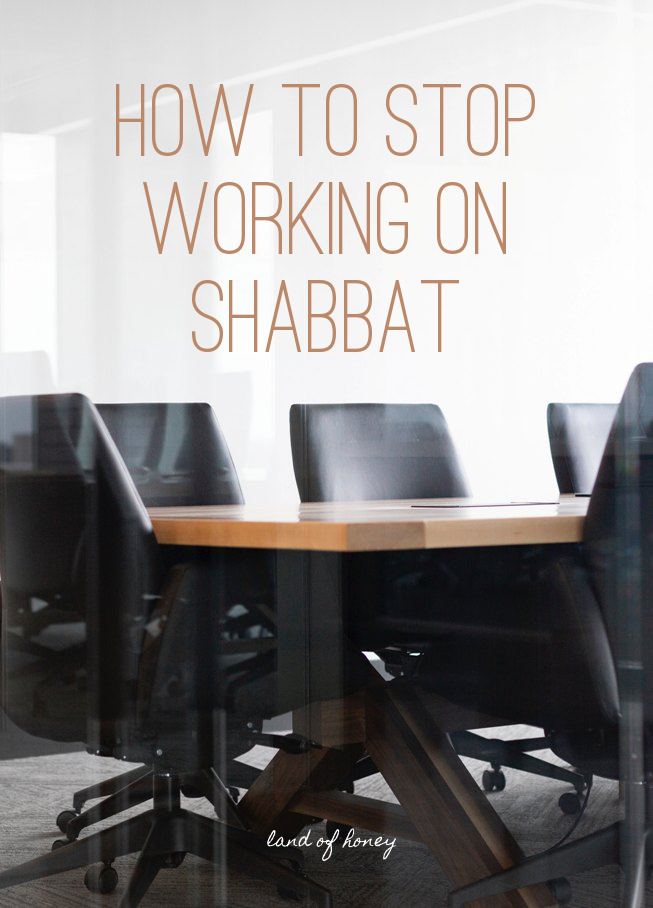In this post we will talk about the primary reason that Bible believers today are called to keep the Biblical holidays such as Passover, Shavuot, and Tabernacles. These are holidays that were created by God and given to his people in Scripture passages such as Deuteronomy 16, and Leviticus 23. Christians should take part in these for one very compelling reason.
In the past we have talked about many reasons to take part in the feasts and holidays. Reasons like the Bible says so, Jesus did, the Disciples did, and that they can be very spiritually enriching are all legitimate and worthy reasons to stop and remember and celebrate these special times...but they are not the full story. There is more.
What is the best reason to celebrate the Biblical holidays?
It's because keeping the Biblical holidays is worshipping the Living God.
There is no better reason to take part in them. Each holiday is a time when we are collectively called, as the community of God's people, to join together in worship, as we remember the faithfulness of YHWH. We are called to remember his mighty acts that took place on the Bible holidays.
At Passover, the Messiah laid his life down for us. And thousands of years earlier, God freed the Israelites from slavery in Egypt. Taking part in the Bible holidays is about remembering these saving acts (along with many others!) and giving thanks for them. We take part in the holidays to remind ourselves that YHWH does miracles and cares for us. We worship at these times, because he is worthy.
Yes, worship is something we should do daily. But Scripture specifically calls - even commands - us to do so especially during the Biblical holidays. By taking part in Passover, Unleavened Bread, First Fruits, Shavuot, Trumpets, Yom Kippur, and the Feast of Tabernacles we show our allegiance and obedience to God. This is worship.
It's worship to center our lives around the times YHWH says to.
It's worship to take time off work and to step back from household duties to have time to remember the miracles God has done throughout history.
It's worship to gather with others in honor of the Messiah, to give thanks for what he has done in our lives.
It's worship to make plans and prepare a special meal when the Bible says to.
It's worship to read Scripture and to bless God and to sing praises on the Biblical holidays.
Part of what it means to bear God's image is to celebrate the things that he does, and he celebrates these holidays!
Bible holidays are for Bible believers...because Bible believers are called to lives of worship.
More about the Biblical holidays:
Why the Biblical Holidays are for All Believers
Why I Started Celebrating the Biblical Feasts
The Beginner's Guide to the Biblical Holidays
Why You Should Keep the Biblical Holidays
.JPG)
.jpg)
.JPG)
.JPG)



























